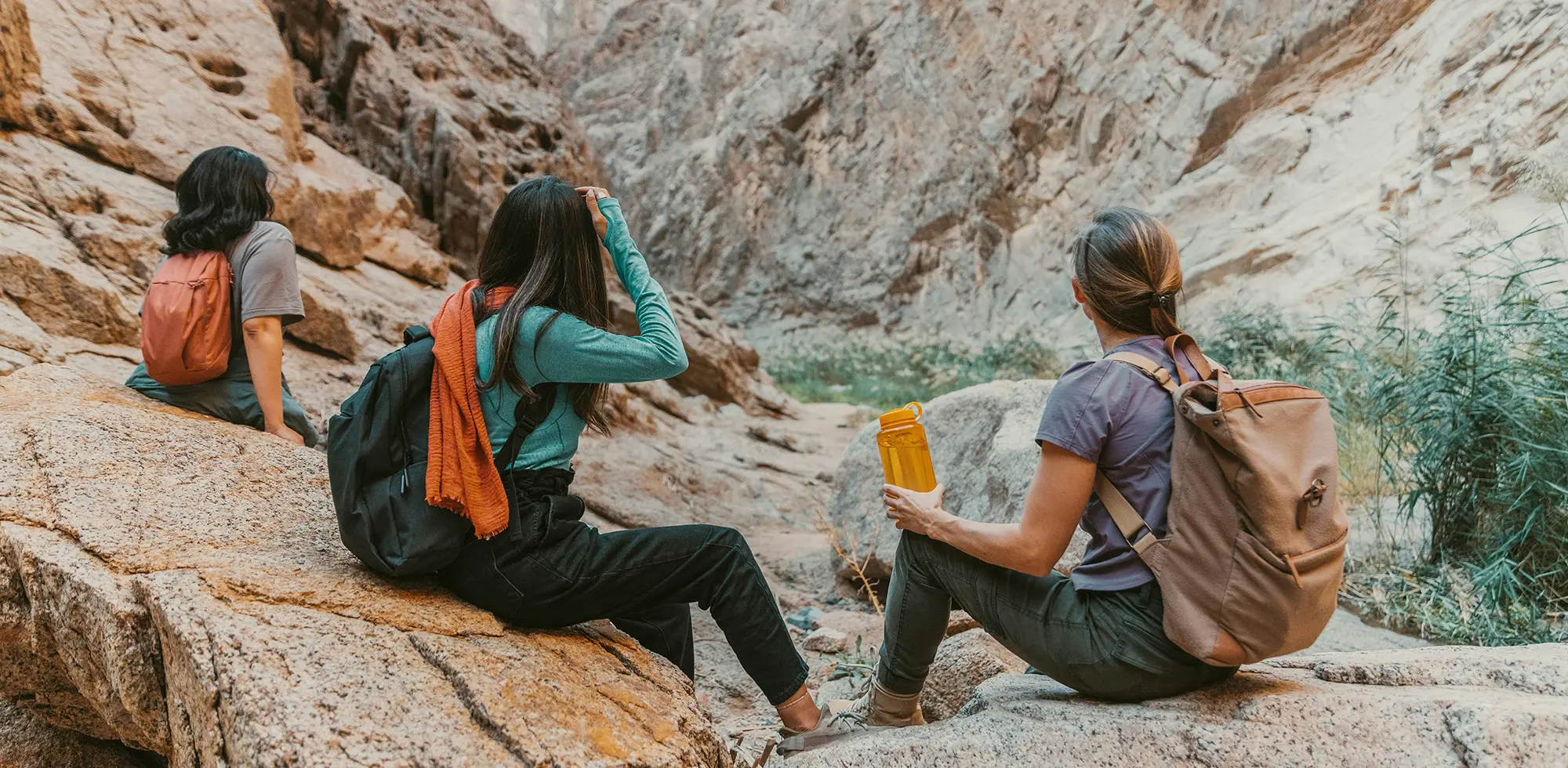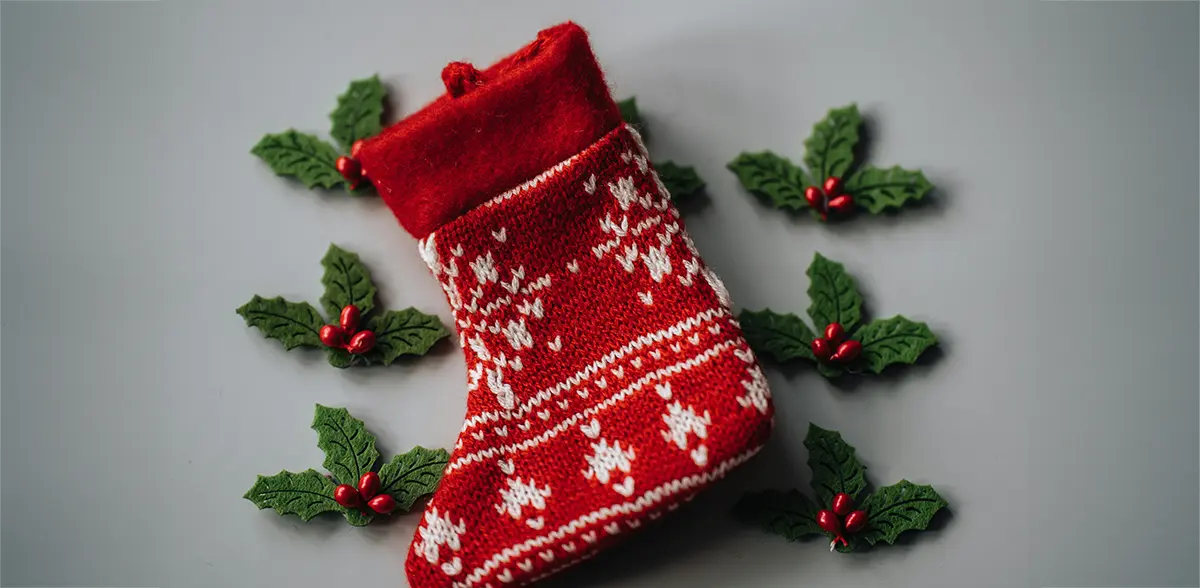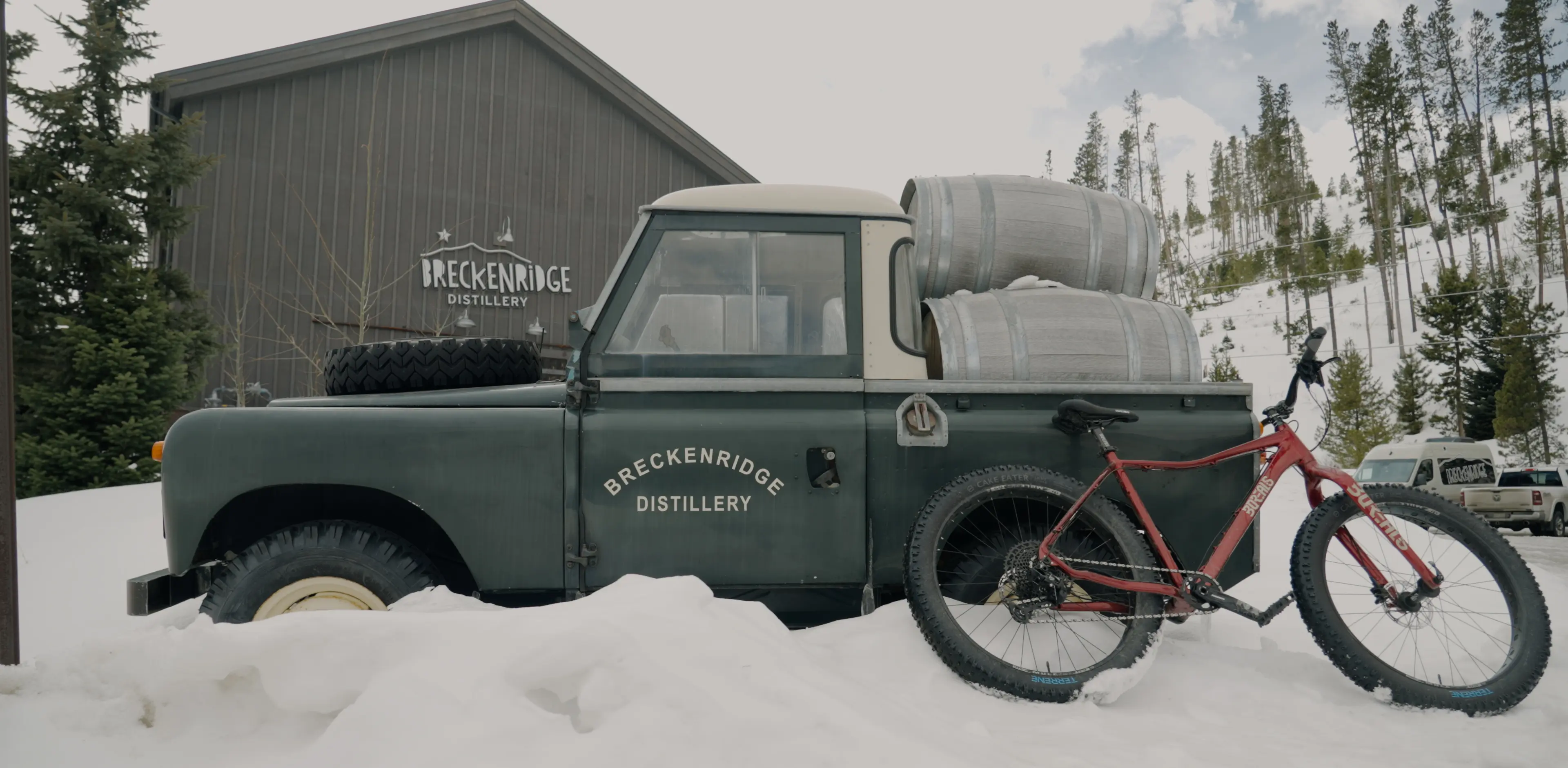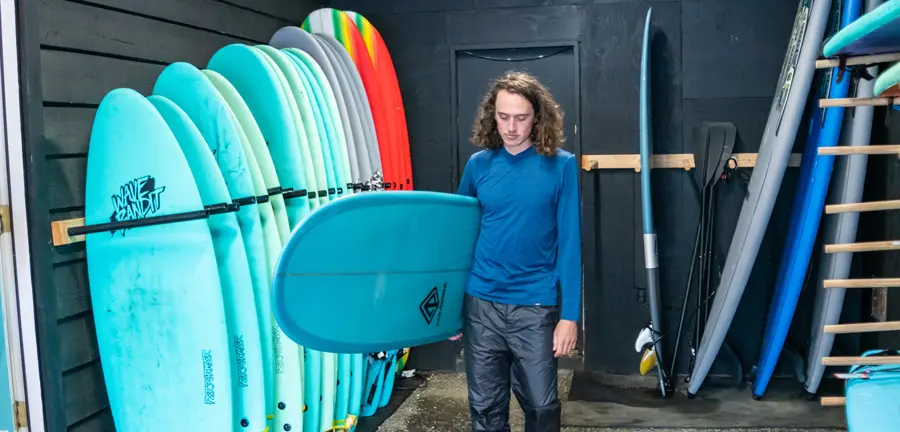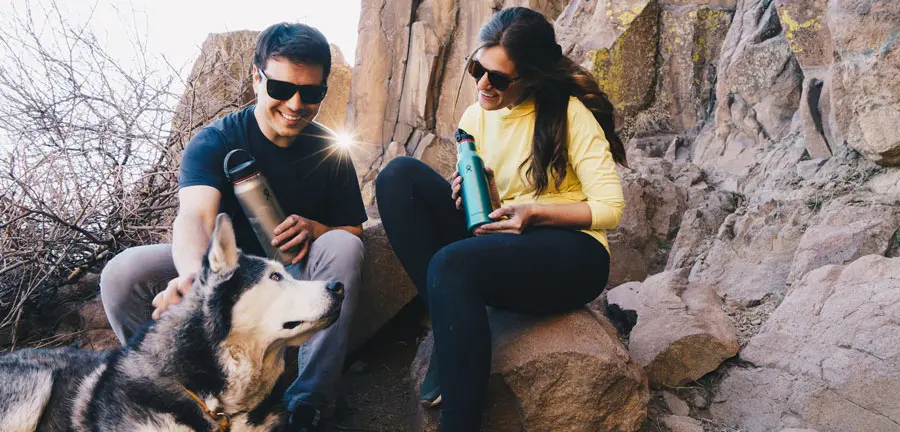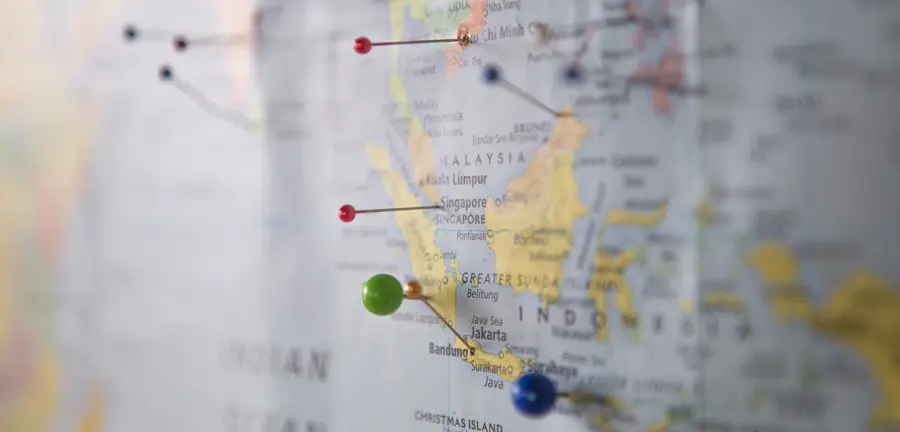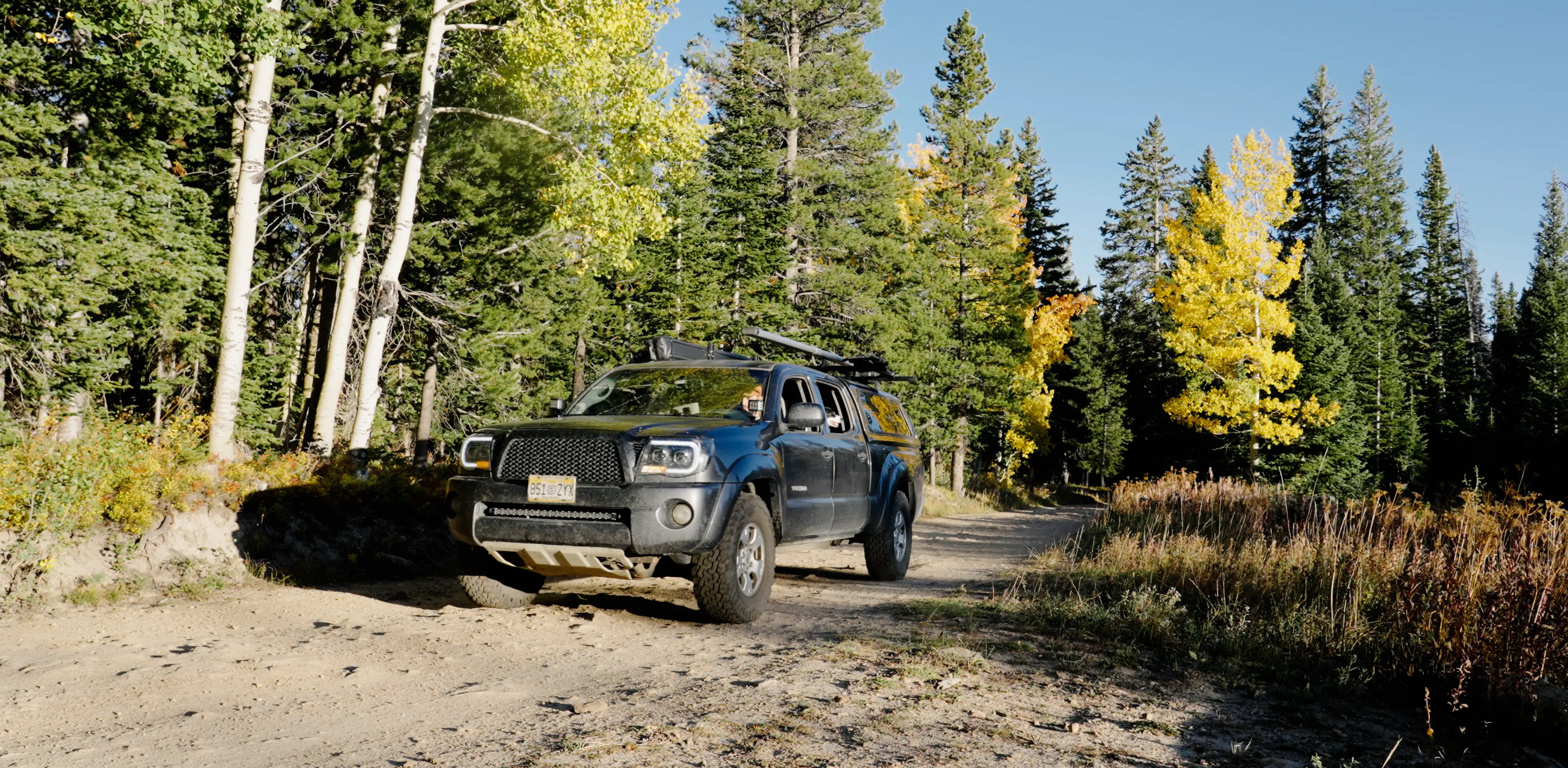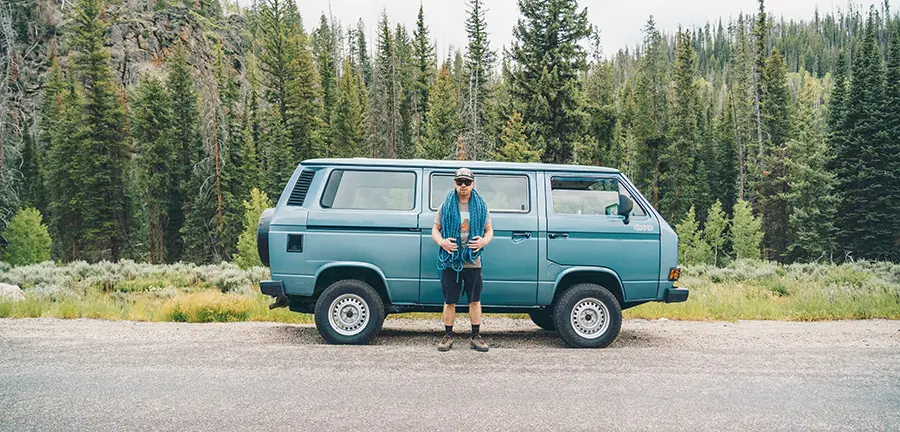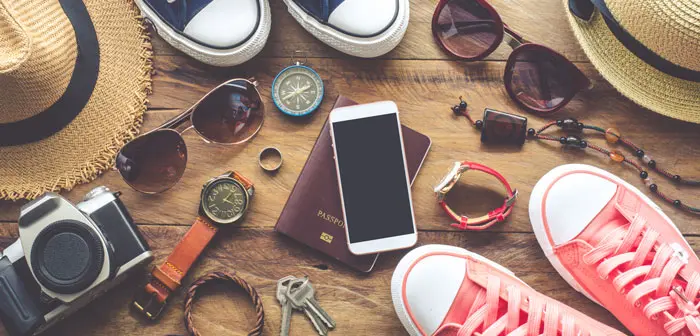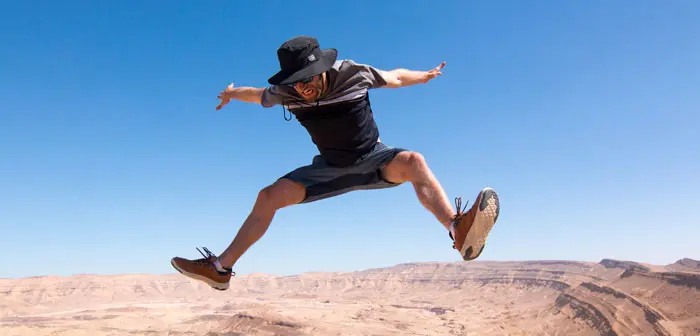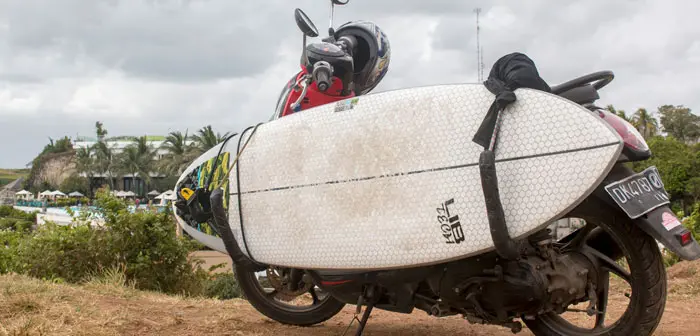Snapshot Morocco: Travel Tips for Surfing in Morocco
Morocco requires surfers to be on their toes—both in and out of the water. After traveling up and down the coast in search of waves, we have a few pieces of advice for those considering traveling to this phenomenal country.
Don’t drink the water
This tip’s pretty obvious. Drinking the tap water isn’t recommended, and that translates into being careful about where and what you eat. Eating uncooked vegetables, brushing your teeth with water from the faucet, gulping down questionable street food—it’s all a bit of a gamble. We ended up getting sick for a couple days, coping with what ex-pat surfers lovingly called “Moroccan Belly.” Still, even after our bout with Belly, we had to sample the flatbreads, olives, and meat dishes from the market—and it was well worth the risk.
Be wary
Treating Morocco like Malibu is a surefire way to ruin a trip. The country is still developing, with per capita GDP well under $4000. Poverty and petty crime go hand-in-hand, and careless travelers will inevitably get a hand-in-pocket. Don’t put your wallet in your back pocket, do lock the car, don’t leave valuables unattended on the beach, etcetera etcetera.
Rent a car or hire a guide
When surfing in Morocco, you will often want to switch up spots throughout the day. Maybe the morning is pumping at one spot, but onshore wind blows it out in the afternoon—time to hit a sheltered cove down the coast! Hiring a guide is the best way to navigate the coastline (we had an awesome experience with the Surf Maroc guides, but renting a car and exploring for yourself is an option, too. If you do rent a car, prepare yourself for a wild ride: more than once, we almost peed in our boardshorts as Moroccan taxi-drivers passed slow-moving donkey-powered carts, drifting at 110kph in the opposite lane of the winding coastal road, no regard for the blind spot ahead.
Hydrate constantly and wear sun block
The coast here can be foggy in the morning, but mist tends to burn off quickly. The desert heat is unnerving, especially when you’re wearing a wetsuit. Not to sound like your mom, but dehydration and sunburns are stealthy assassins out here.
Bring a Wetsuit
Though the mainland is warm, the Atlantic is still cold enough to merit a wetsuit. Water temps range from the low 60s to the low 70s, so a 3/2mm suit is plenty on the colder days and on warmer days, some surfers will be fine in a rash guard and board shorts.
Prepare for the Shakedown
Morocco can be a little…intense. It’s not unheard of for police checkpoints to shake down surfers for a few dirhams, and although we didn’t have any suspect run-ins with police, we had a few experiences where folks tried to get us to cough up unwarranted money. A few examples: an incessant hashish dealer who wouldn’t take no for an answer and followed us for several city blocks, an octopus-wielding pre-teen who nearly slapped us with the tentacles of his catch when we said we weren’t buying, a merchant in the market who attempted to overcharge us by 500% for a single scarf.
Being relatively wealthy, obviously foreign travelers, dealing with these instances of intensity was an everyday occurrence for our crew. While by and large locals were kindhearted and welcoming, this isn’t a tropical island with a laidback devil-may-care vibe; it’s a developing nation with people who are trying to survive. Traveling ignorant to this reality is naive at best. Our advice: be respectful yet wary, friendly yet observant, and prepared to dispense with a few coins in the market or a small bribe to a roadside policeman if need be.
After-Surf Beers
Post-surf beers are one of the great joys in life, but in Morocco, a primarily Muslim country, suds are easier said than sipped. Cities like Marrakech and even Agadir do have restaurants and bars that serve alcohol, but when traveling to smaller surf towns, you’re better off stopping at a super market in a more metropolitan area and grabbing what you need ahead of time.
Related Articles






